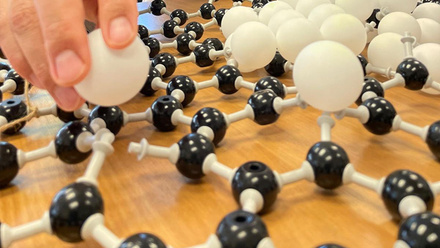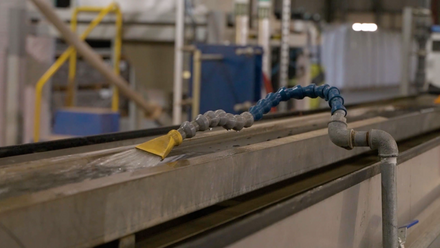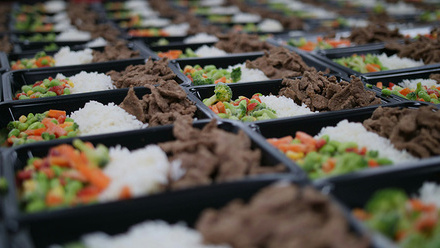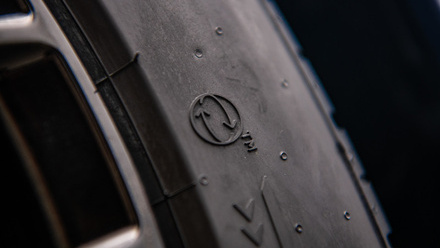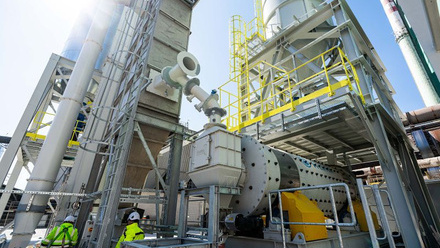High-performing plastic from agricultural waste
EPFL scientists in Switzerland claim to have developed high-performance plastics from agricultural waste.

The method for creating polyamides - a class of strong and durable plastics that includes nylons - uses a sugar core from agricultural waste
Jeremy Luterbacher notes fossil-based plastics need aromatic groups to imbue plastics with rigidity, making them hard, strong and resistant to high temperatures. 'Here, we get similar results but use a sugar structure, which is ubiquitous in nature and generally completely non-toxic, to provide rigidity and performance properties,' he reports.
The catalyst-free process converts dimethyl glyoxylate xylose, a stabilised carbohydrate from biomass such as wood or corn cobs, into high-quality polyamides. The researchers claim an atom efficiency of 97%, so almost all the starting material is used in the final product.
The team says their polyamides can compete with fossil-fuel counterparts and demonstrate resilience through multiple cycles of mechanical recycling.
Their techno-economic analysis and life-cycle assessment suggest these materials could be competitively priced against traditional polyamides, including nylons (e.g. nylon 66), with a global warming potential reduction of up to 75%.


